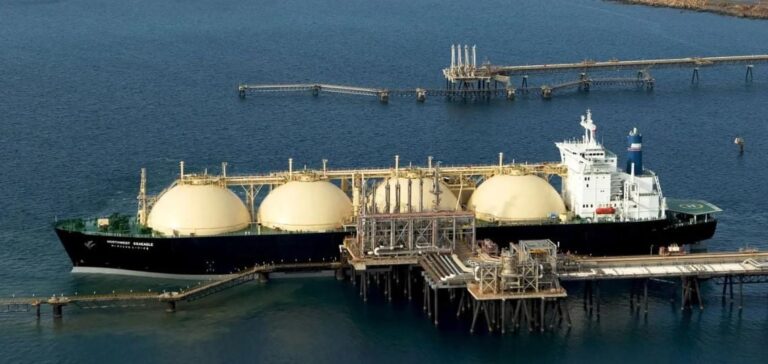Liquefied natural gas (LNG) prices in Asia are reaching record highs this year, surpassing levels seen in the USA, due to a combination of geopolitical risks and supply disruptions.
The Japan-Korea Marker (JKM), the main indicator for LNG deliveries in Northeast Asia, recorded a price of $14.255/MMBtu in August 2024, representing a significant premium of $12.18/MMBtu over the U.S. Henry Hub.
This situation highlights the challenges facing Asian buyers against a backdrop of strong demand and global supply uncertainties.
At the same time, planned maintenance work in Norway, Algeria and Libya, as well as the possible termination of the transit agreement between Russia and Ukraine, are complicating European supplies.
Europe is increasingly turning to LNG to offset these risks, fuelling growing competition with Asia for available cargoes.
Supply and arbitrage in the LNG market
Arbitrage between US and Asian LNG markets remains limited due to high transportation costs and sustained demand in Europe.
Commodity Insights data show that US LNG exports are holding steady at around 7.21 million metric tons in August 2024, with the majority of these cargoes heading for Europe.
The Asian market, while capturing a 20% share, faces unfavorable conditions, including higher logistics costs and spot prices. LNG prices in Asia continue to be influenced by a number of factors, including weather conditions and fluctuations in spot market prices.
Although Asian demand grew by 10% in the first half of 2024, a more modest 2% growth is expected for the second half of the year, according to analysts.
This moderation is attributed to temporary factors such as heat waves in South Asia and a reduction in hydroelectric production in China and India.
Strategies for securing supply
Faced with these uncertainties, supply strategies are increasingly focusing on long-term contracts, often indexed to the US Henry Hub, offering relative stability in the face of spot price volatility.
With contract costs typically set at 115% of Henry Hub plus a fixed premium, US LNG supplies remain attractive to many buyers, despite the temporary closure of the East-West arbitrage window.
Industry players are keeping a close eye on developments in LNG flows, particularly in view of winter, when heating demand could intensify competition between Asian and European hubs.
A harsh winter could exacerbate this situation, making contract flexibility even more crucial to managing price variations and ensuring continuity of supply.
LNG market dynamics therefore remain highly sensitive to geopolitical developments and weather forecasts.
Disruptions in the main production and transit zones, combined with growing demand in several regions, continue to shape a changing global energy market.






















